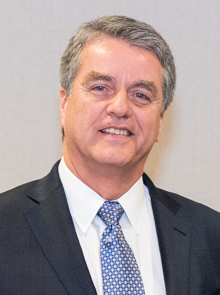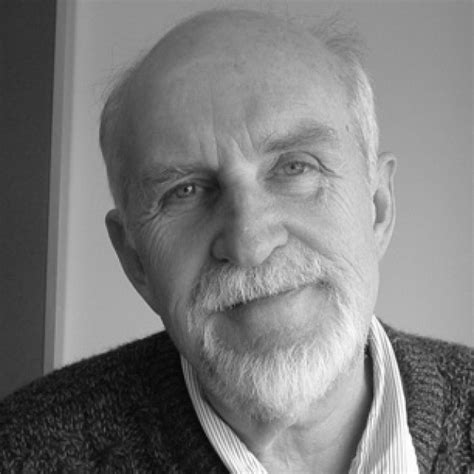A Quote by Gijs de Vries
The idea is to have global standards. There is so much travel that if you just had a regional standard, it would probably ultimately have to be changed.
Related Quotes
But Australia faces additional regional and global challenges also crucial to our nation's future - climate change, questions of energy and food security, the rise of China and the rise of India. And we need a strong system of global and regional relationships and institutions to underpin stability.
Fossil fuel is very seductive stuff. [John Maynard] Keynes once said that, as far as he could tell, the average standard of living from the beginning of human history to the middle of the eighteenth century had perhaps doubled. Not much had changed, and then we found coal and gas and oil and everything changed. We're reaping the result of that, both ecologically and socially.


































